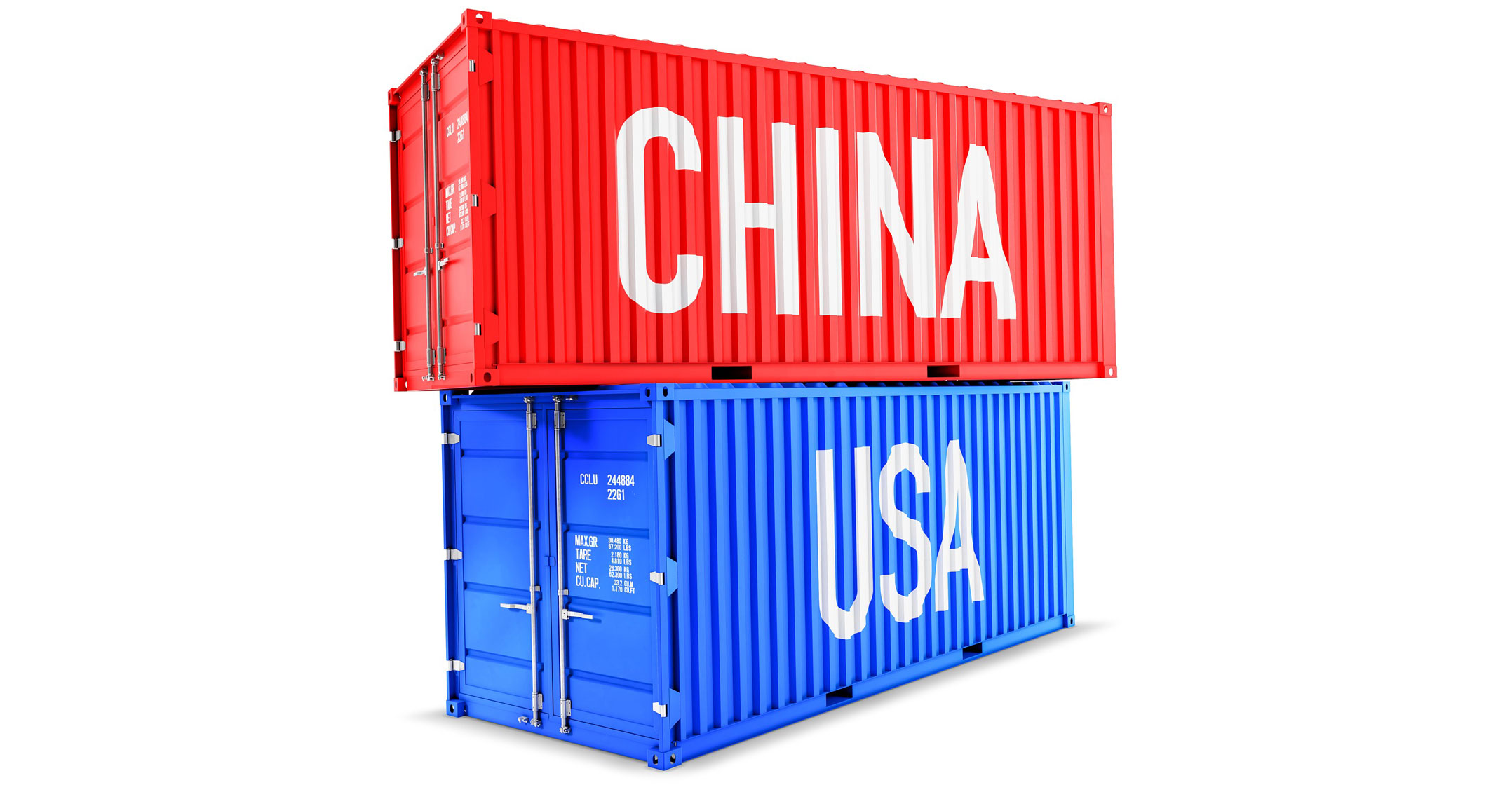 HP laptop maker Inventec said it will to shift production of notebooks for the US market out of China within months, adding to the tech industry’s exodus as the world’s two largest economies escalate their trade war.
HP laptop maker Inventec said it will to shift production of notebooks for the US market out of China within months, adding to the tech industry’s exodus as the world’s two largest economies escalate their trade war.
Inventec plans to move its entire American-bound laptop operation to its home base of Taiwan within two to three months, president Maurice Wu said on a post-earnings call on Tuesday. Wu’s company assembles Apple’s AirPods and produces notebook computers for HP, which accounts for an estimated third of its revenue.
Underscoring the difficulty of making such long-term production decisions, President Donald Trump said just hours later that the US would push back implementation of tariffs on Chinese-made laptop and other products to December from September. But tech companies aren’t waiting for a trade resolution. From Inventec to Apple-assembler Hon Hai Precision Industry, Taiwanese companies that make most of the world’s electronics are reconsidering their reliance on the world’s second largest economy as Washington-Beijing tensions simmer.
“The trade war is very painful for us,” Wu said, concluding a call during which executives shared how production shifts have hurt the company’s efficiency and margins.
Rising tariffs on Chinese-made products threaten to wipe out their margins and up-end a well-oiled, decades-old supply chain. Microsoft, Amazon.com, Sony and Nintendo are said to be among those now weighing their options away from the line of fire, such as Southeast Asia and India. Google has already shifted much of its production of US-bound motherboards to Taiwan.
Inventec’s shift marks one of the most dramatic relocations since Trump announced his decision to slap 10% tariffs on US$300-billion of Chinese imports — including consumer gadgets from smartphones to notebooks — originally slated for next month. Spurred on by clients, which include household names like Dell Technologies and Nintendo, many Taiwanese contract manufacturers are now drawing up contingency plans, shifting select assembly operations or exploring alternative venues.
Little impact
Analysts anticipate the tariff delay will have little impact on those plans.
“While this announcement appears to provide incremental (and market-friendly) information as to how the White House is approaching trade policy, we do not believe it represents a substantial shift in the US-China dispute,” Goldman Sachs analysts wrote in response. “Our broader expectation is that the US and China are unlikely to reach a lasting agreement prior to the 2020 election that provides certainty around tariff rates on imports from China.”
On Tuesday, Compal Electronics CEO Martin Wong said his company, a rival to Inventec, has also shifted some notebook lines to Taiwan and was considering investing more in Vietnam should tariff conflicts persist. Quanta Computer chairman Barry Lam told reporters on Tuesday his company is definitely relocating some business to Southeast Asia, though he didn’t mention a time frame. Chief financial officer Elton Yang said Quanta will for now aim to satisfy customers’ demands for production outside of China with its Taiwan facilities.

US companies, long accustomed to using China as the world’s workshop, are looking to diversify their manufacturing operations as the uncertainty over volatile trade policy heightens and Beijing shows a willingness to clamp down on foreign firms within its own borders. It’s a shift that may herald a broader, long-term trend as Beijing and Washington continue to spar over everything from market access to trade.
The trade war threatens to disrupt a complex global supply chain involving many countries beyond just China and the US. Many components that go into devices aren’t made in the US, despite being designed there. A phone chip designed by Apple may come out of a factory in Taiwan, then be packaged (a process that prepares it for integration into a circuit) somewhere else, before being shipped to China for assembly into an iPhone.
Still, few major manufacturers have moved output in truly significant amounts and China’s status as the world’s production base for electronics is unlikely to diminish anytime soon. Foxconn Technology Group has said it has enough capacity to make all iPhones bound for the US outside of China if necessary, although Apple has so far not asked for such a shift. — Reported by Debby Wu and Cindy Wang, with assistance from Jeanny Yu, (c) 2019 Bloomberg LP

